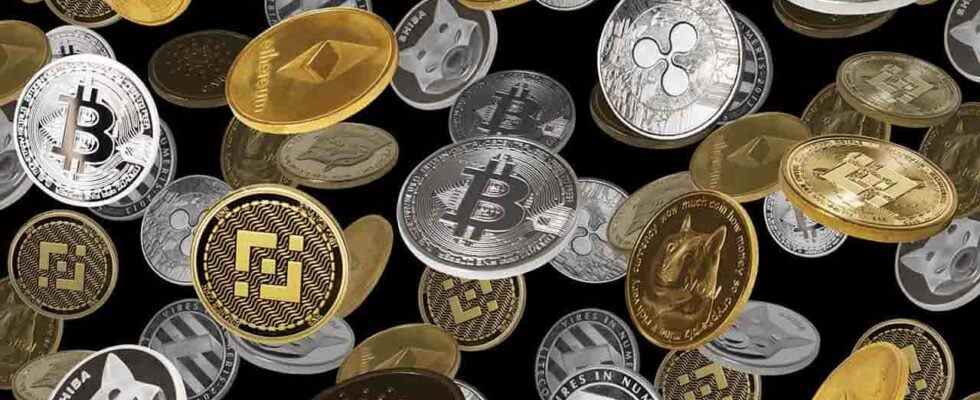Renowned economist Paul Krugman said in a New York Times article that the cryptocurrency market has turned into a “postmodern pyramid scheme,” explaining that the current drop is a chance for regulation.

The loud Bitcoin critic said that the industry has yet to develop products that are useful in the real economy and instead successfully market itself as both superior and reputable. “As far as I can see, crypto has evolved into a kind of postmodern pyramid scheme,” Krugman said.
“The industry has attracted investors with its combination of techno-babble and libertarian derp; used some of this cash flow to buy the Illusion of prestige, which brought in more investors. And for a while, even as the risks actually increased, [piyasa] too big to edit.”
The famous economist’s latest criticism of crypto came during the current market crash. Its total market cap has dropped from its $3 trillion peak in November to just under $900 billion.
Krugman also drew attention to last week’s speech by Fed Vice Chairman Lael Brainard, who said these latest sales shed light on “serious vulnerabilities in the crypto financial system.”
“Why are mainstream institutions and people lending credit to such a highly dubious industry as Brainard makes clear?”
Besides, Krugman said this year’s market crash could be a golden opportunity for regulation. So far the US has taken some early steps. In March, US president Joe Biden signed an executive order on cryptocurrencies. In June, two senators introduced bills that set out a framework for regulation.
While Brainard acknowledged in his speech last week that the cryptocurrency continues to grow, he does not yet see it as big enough to harm the current financial system.
“It is important that the foundations are now laid for the sound regulation of the crypto financial system before the crypto ecosystem becomes so large or interconnected that it can pose risks to the stability of the broader financial system.”
Krugman agreed, “This is very good advice. “I hope the Fed and other policymakers will accept that,” he said.
